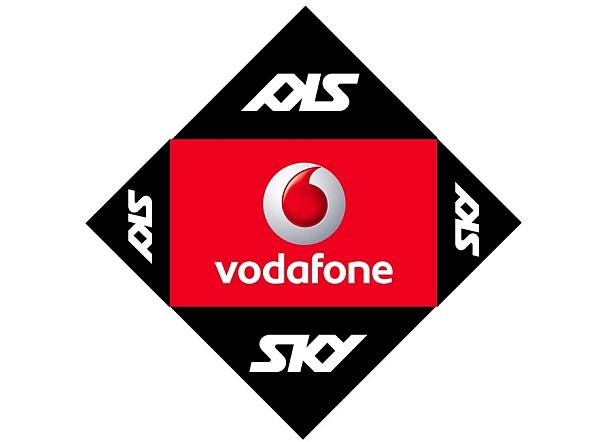Published on the 10/06/2016 | Written by Craig Young

TUANZ CEO Craig Young considers the impact of the Sky/Vodafone merger on the New Zealand market…
Where there’s smoke… so the saying goes, and the swirling rumours around Vodafone have proven solid, with an announcement that New Zealand’s number two telco intends to merge with pay-TV provider Sky. It is a rather obvious move. Sky and Vodafone have been working in close partnership for years, both offering each other’s products, and the disruptive influence of digital technology is impacting both of their respective markets with its wanton creative destruction. It is, however, a structurally unusual merger. Sky will technically buy Vodafone, valuing the telco at $3.4 billion. However, through a share issue from Sky to Vodafone Group (Vodafone NZ’s global parent) the multinational will maintain a 51 percent stake, leaving it with control over the new entity. Unlike the current Vodafone NZ, it will be a publicly listed company on the NZX, and one of the largest at that. Current Vodafone NZ boss Russell Stanners will become CEO of the new business (an interesting move, with many predicting that he was ready to leave the telco after several years at the top). Sky CEO John Fellet will remain on board (with some conjecture over how long) as head of the entertainment branch of the business. Triple-play businesses like these (offering phone, broadband and pay-TV) are common enough overseas, but this will be the first of its kind for the New Zealand market. It is obvious that the market likes what it sees, with Sky shares up 20 percent in morning trading. While Spark shares were down three percent on the news, this merger isn’t really about the competitive threat from Spark, but the existential challenge from over-the-top pirates like Netflix, Apple and Google – companies that would fundamentally disrupt the way the communications and paid entertainment markets work. Of course, all of this is subject to both Commerce Commission and Overseas Investment Office approval. And while Sky stock might be up, market movements are a poor indicator of what’s good for the consumer. Small markets like New Zealand always tend towards merger and monopoly, reducing variety and choice for consumers. While Sky and Vodafone may seem to be in different ponds now, the convergence of the internet with entertainment means they would soon have become players fighting over the same pie. Sky and Vodafone are, naturally, talking up the benefits – for shareholders and customers alike. If nothing else, Sky could surely benefit from Vodafone’s technical nous in making sure that its Sky Go service stops breaking down when more than ten people want to watch something at the same time. Meanwhile, Spark claims to welcome the competition, arguing that it has been competing against these two in partnership for a while now anyway (although third-placed market player 2degrees has said it can’t see how the merger will help customers better access content). It is also positive that the new company will receive a significant cash injection from Vodafone Group. The hope, of course, is that this will go into developing new ways of offering broadband and broadcast content. Sky has already said that the merger would make more content available on more devices, and it has also indicated an interest in harnessing Vodafone’s wisdom to bring Sky TV into homes through fibre, instead of cable. Both companies will also see this merger as an opportunity to overcome the business hardships they are facing – Vodafone with flat growth, and Sky with constantly declining subscribers. So if shareholders can expect better cash flow, higher dividends and a higher stock price, then what does it mean for existing consumers? While it’s impossible to say for sure, we can expect to see significant cross-marketing and cross-packaging of products and services (although don’t expect further discounted prices anytime soon…). The potential downside means limited access to either Sky or Vodafone services, if you are a customer of one but not the other, limiting consumer choice. Want to watch the rugby on Sky? You should still be able to, but if you want the future of interactive features that allow you to control your experience, or if you want to stream it in HD, then perhaps in the future you’ll also have to be getting your internet through Vodafone. TUANZ is the voice for users of telecommunications in New Zealand, and we’re certainly going to be paying close attention to the merger and the Commerce Commission’s process, to decide if this move is in the best interests of consumers as well as shareholders, so we all get to maintain access to the content we enjoy. Telecommunications Users Association of NZ CEO Craig Young is passionate about advocating for the innovative development of the telecommunications industry in TUANZ’s role as the users’ voice. He brings to the role over 15 years in the ICT sector, with the last 10 years specifically in the telecommunications industry.





























